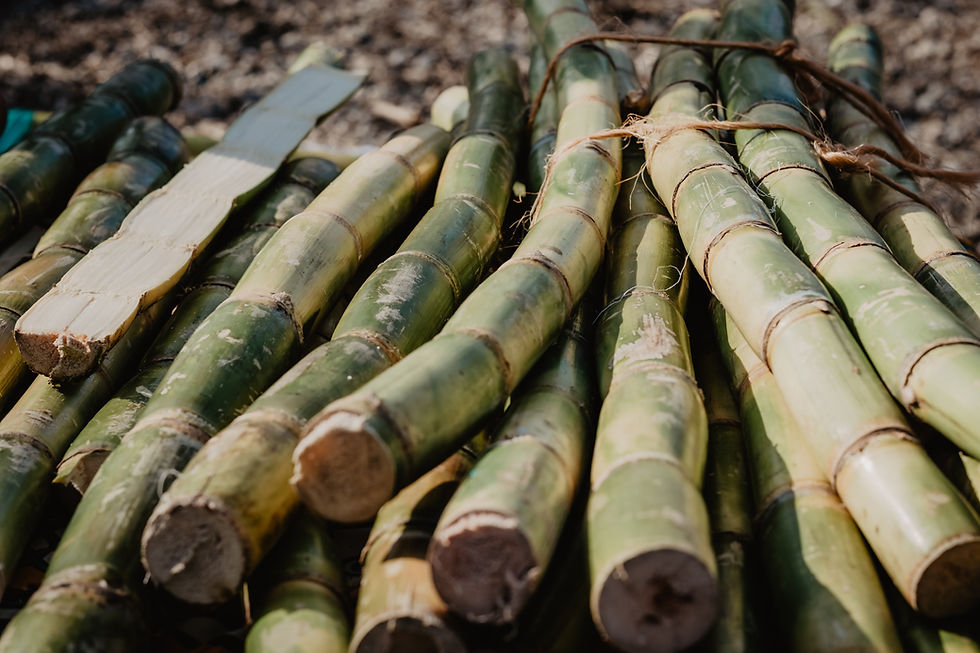Interview: Catherine Chong
- Anna Sulan Masing
- Apr 13, 2021
- 2 min read
Updated: Apr 17, 2021

Chloe-Rose and Anna Sulan were joined by Catherine Chong to talk about farming and sustainability, with a particular focus on water. It was really interesting to hear Catherine talk about peat (bogs!) and it work within the eco system and it's role in regulating water cycles - and it is #PeatFreeApril, a campaign to raise awareness to not use compost with peat in it!
Amongst many things, Catherine is the co-founder of Farms to Feed Us CIC, a community interest company that works with 400 + small-scale farmers and producers across the UK on a number of social, ecological, and economic objectives - this came about because of COVID and how we first heard about her. This is a post from Farms to Feed Us' instagram about peatlands.
She is currently developing an e-commerce and network platform to support agroecology. The vision is to link agriculture with the collective actions we need as a society to meet our socioecological objectives.
**Clarification: At approx 42.12 Catherine points out why peat is thought of as good -
"That is not helpful. What I should have said is that, there is largely an issue with marketing, particularly labelling. There is no mandatory requirement to mention on the product label that the compost contains peat. So some consumers bought them without knowing that they are supporting the extraction of peat. There's certainly no information on the product that tells us about the ecological cost of peatland degradation and loss. Peat compost should be banned. Period."
As linked above, do read the work that Farm to Feed Us have done to explain the damage of using peat, as we encourage you to read into this vital issue.
Day to day Catherine is a global sustainability advisor in the ecological, social, and governance (ESG) field. Her experience includes managing global impact investing funds and developing industry, national, and global sustainability standards in the public and private sectors. Her portfolio includes trans-national and -industry projects with some of the most valuable brands in the world, in rainforest and wildlife conservation, sustainable crops certification, payment-for-ecosystem services, and sustainable product strategy in food, fashion, and other consumer goods.










